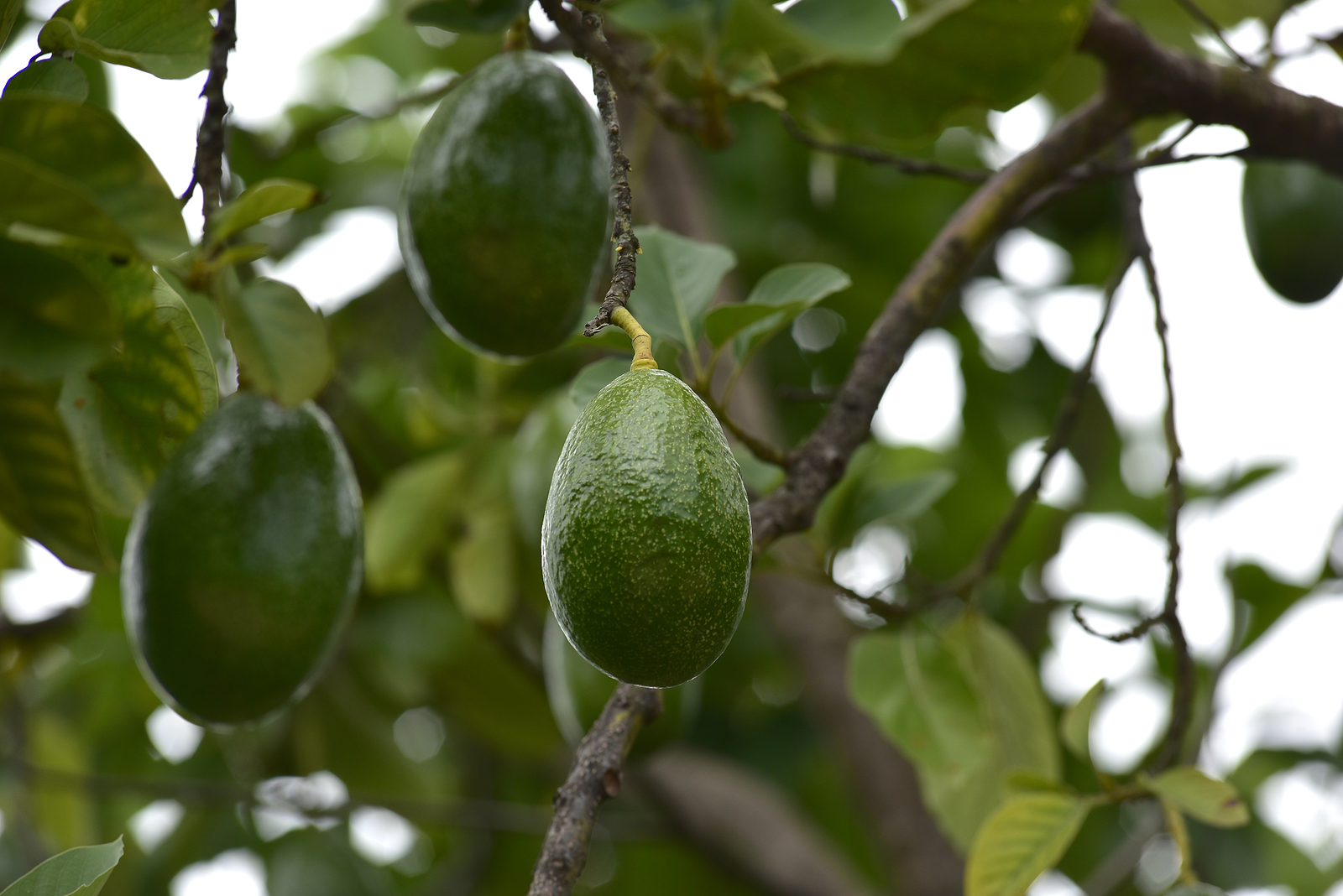If you’re a fan of avocado toast, guacamole or chunks of avocado stuffed into your fish tacos, have we got a treat for you!
When you decide to quit the store-bought varieties and grow your own avocado, you’ll wonder what took you so long.
If you live within the avocado’s USDA hardiness zones (8 through 11), the tree is a snap to grow. So, get to the nursery and pick out the healthiest avocado tree you can find and let’s get it planted and growing.
Scroll to the end of the post to learn more about avocadoes and how to choose the variety best for your growing zone (which you can find by entering your ZIP Code here).
How to plant an avocado tree
Choose a sheltered area to grow the avocado tree. Protect it from high winds and any area of your microclimate where temperatures dip to below 32 degrees Fahrenheit. It requires a warm location that receives sun all day.
Ensure that there’s plenty of room for the tree to grow – about 20 feet if you want it to be able to spread out.
As for timing, right now is ideal, but any time before about mid-June is fine.
If you don’t have a soil pH tester, now is the time to buy one. First, however, check with your local extension service. Many provide free soil testing. You’ll find a cooperative extension directory here.
- Aerate the soil in the planting area by digging into it to a depth of 12 inches with a gardening fork and crushing large clumps of soil.
- The avocado tree requires a soil pH of 6 to 6.5. To adjust your soil’s pH, you’ll need to add soil amendments. You’ll find an easy-to-follow explanation of these at the University of California Cooperative Extension’s website.
- The charts, however, aren’t useable for the home gardener. The UC Vegetable Research and Information Center breaks down the quantities required. For instance, to raise the soil’s pH, you’ll want to apply finely ground limestone.
- Naturally, the amount to apply depends on soil structure, but as a general rule of thumb, use 4 tablespoons of lime per square foot of garden space to raise the pH two points. Check out the charts on the UC website. They’re quite handy.
- Add those amendments to your soil and mix them to a depth of 8 inches.
- Dig a planting hole the same depth and twice the width of the pot in which the avocado is currently growing in the pot. Use the gardening fork to lightly scrape the sides of the hole to make it easier for the roots to penetrate.
- Remove the avocado tree from its pot and place the roots in the planting hole. Cover the roots with soil and use your fingers to gently work it around and between the tree’s roots.
- Fill the hole halfway with soil and then fill it with water. When the water drains, finish filling the planting hole with soil and lightly press it down around the base of the tree.
- Water the newly planted avocado tree until the water puddles.
- Pour a 3-inch layer of mulch on the soil and, keeping it 6 inches from the trunk, spread it in a 3-foot radius around the avocado tree.
How to water your avocado tree
There are several ways to figure out when to water and how much water to give. Dig a hole, 10 inches deep, 5 inches from the tree’s trunk. Feel the soil at the bottom of the hole, if it is dry, water the tree, slowly, until the bottom of the hole is moist. Time how long it takes to deliver the water so you know how long to water in the future.
- If you don’t have a drip irrigation system, purchase a soaker hose that is long enough to wind around the tree, set out as far as the tree’s dripline.
- Run the soaker hose for 3 hours and then dig into the soil to see how far the water has penetrated. If it isn’t wet to a depth of 6 inches, run the hose for an hour longer. After a bit of trial and error you will know how long to run the soaker hose when watering.
- Allow the soil to dry before watering again and then use the timing you figured out in the above step.
- Depending upon the weather in your region, you may need to water once a week.
- Stop watering the avocado tree one month before the first frost.
How to fertilize your avocado tree
Don’t fertilize the first-year avocado. During its second year, fertilize it monthly, from February until September. Use 8-3-9 fertilizer according to the amount specified on the label.
Growers in frost-prone areas may not have success with avocados and will need to offer the tree protection in the winter.
Last year, one avocado cost, on average, 78 cents. This year you will pay around $1.24 and expect that price to rise dramatically.
Grow your own and save money!






